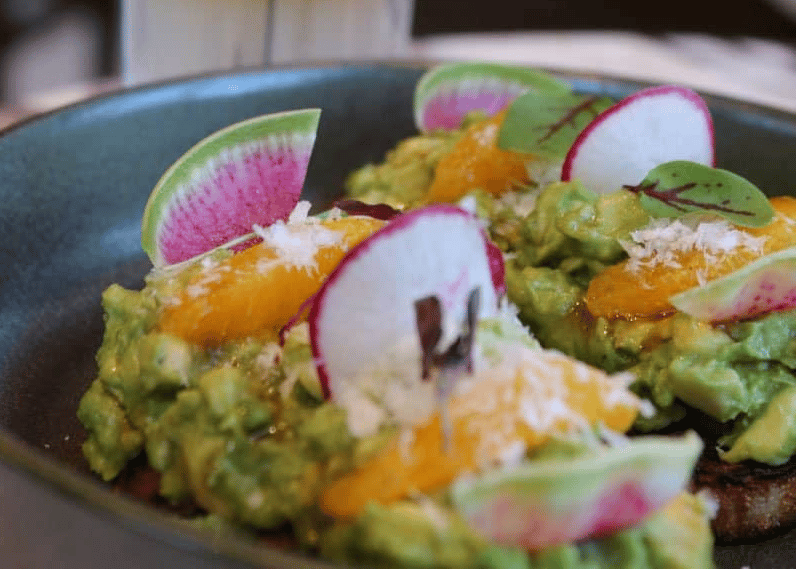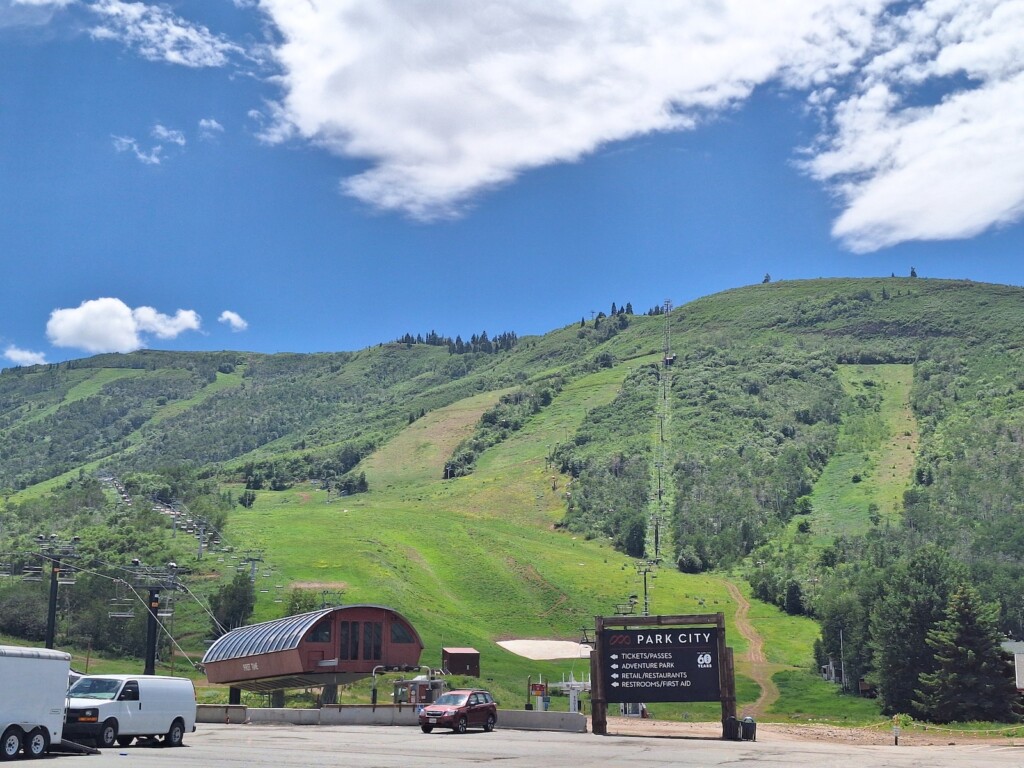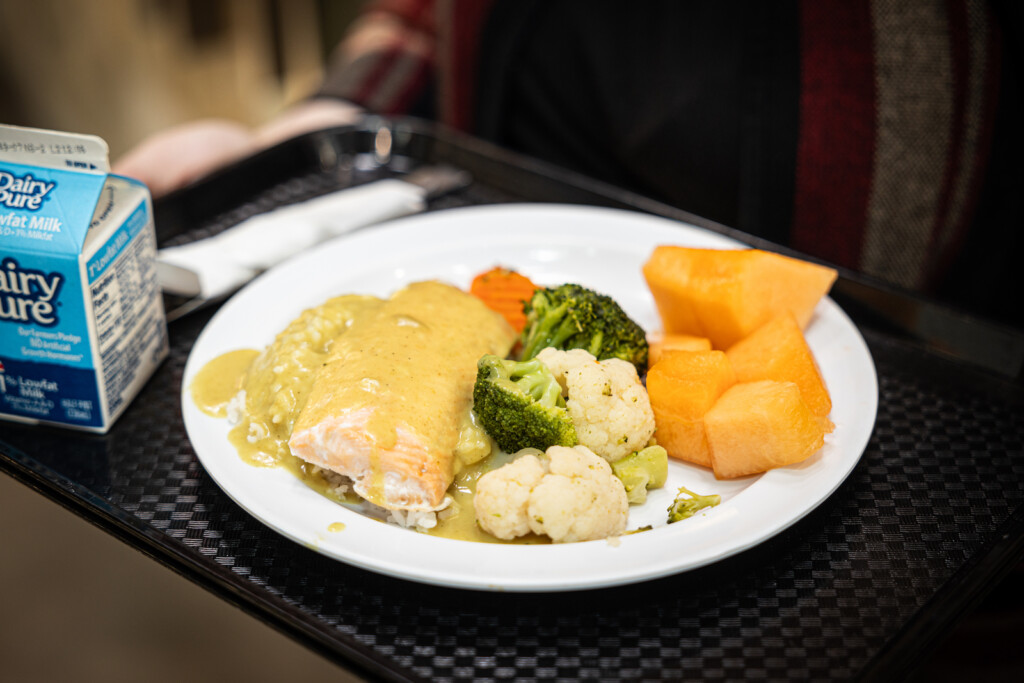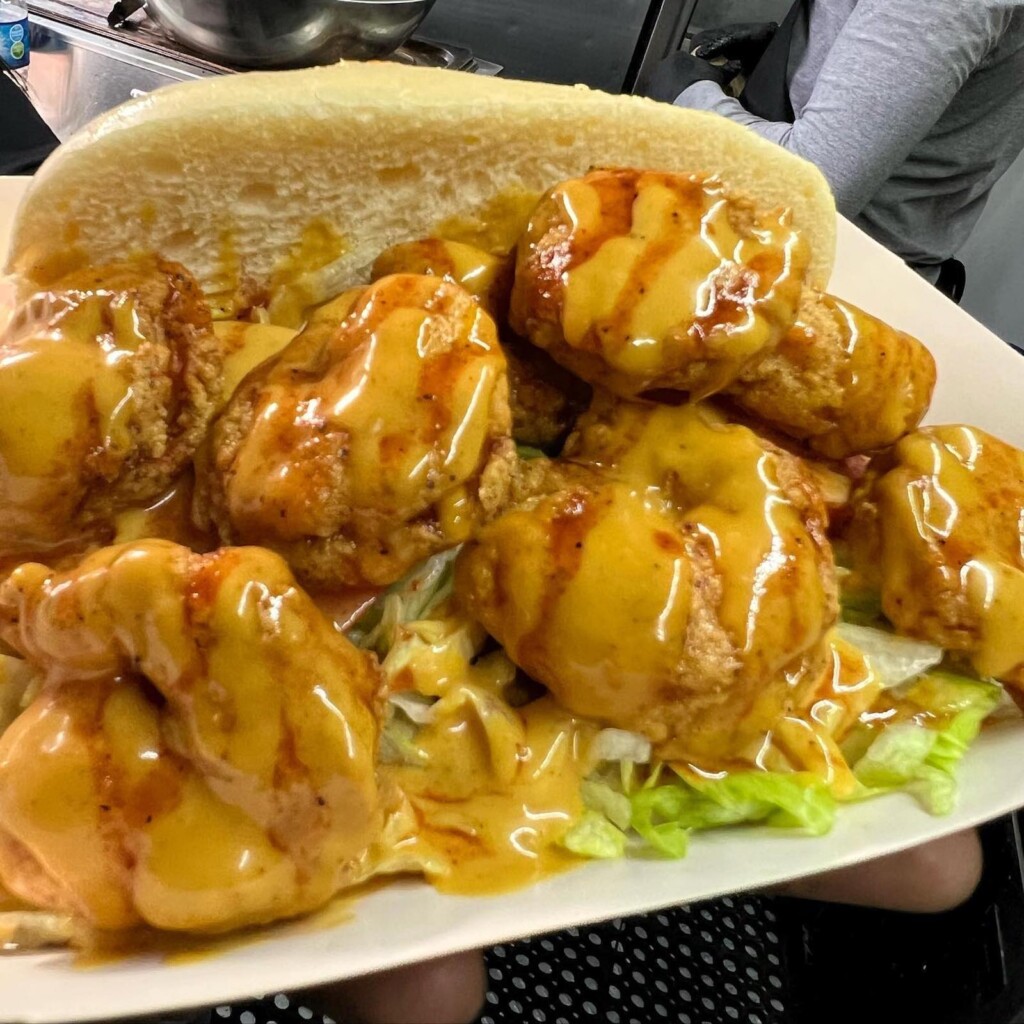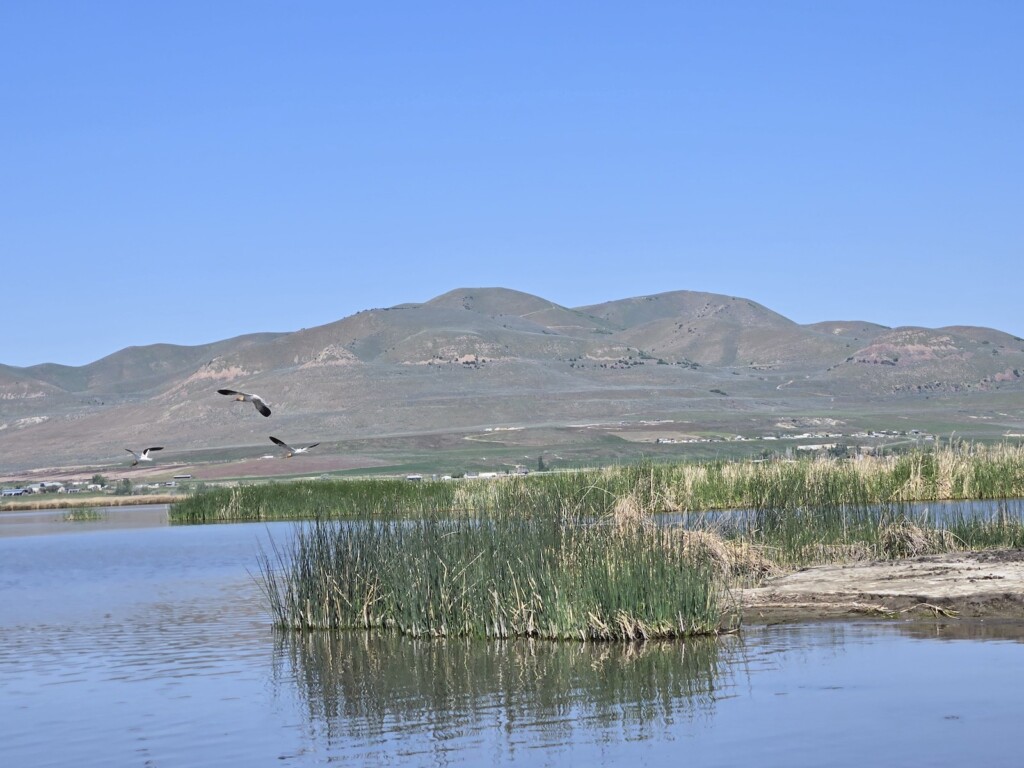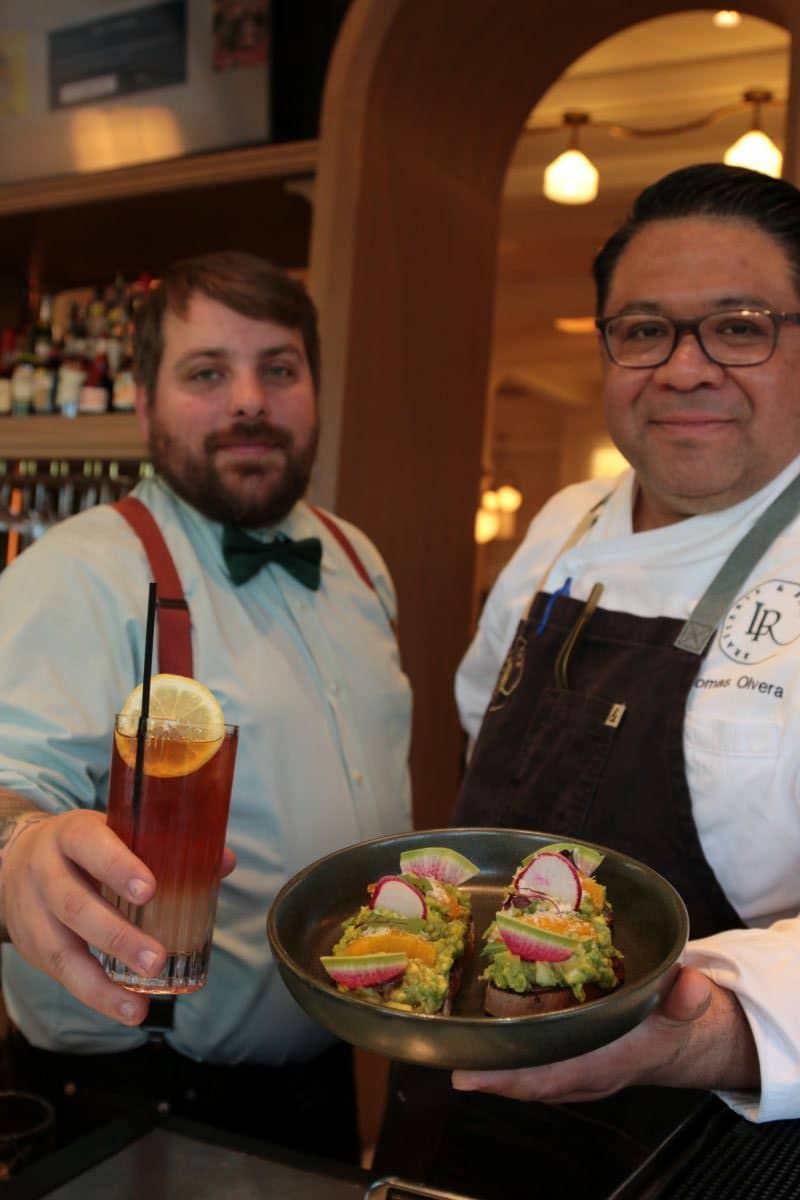
Why avocados are so important, learning from pioneers about supply shortages, and why we need a downtown food hub.
For millennials (and myself), the abrupt enormous price hike of avocados has been the most frightening aspect of our food supply chain shortages. Now that it’s summertime and Covid appears at least to be on temporary hold, the culture of young adults who want to eat avo-toast while sipping a cold brew at local restaurants might actually not be wearing masks. Instead, they will be wearing beards, tattoos, and yoga pants.
To be clear, I’m not a millennial, I’m a tail-end GenXer. I wasn’t raised by helicopter parents, I was a latch-key kid. This allows me to fully enjoy ripping on all coddled millennials, like my little brother. Probably because I schedule most of my meetings at local coffee shops ― and my avo-toast with iced coffee is my go-to ― I must pay homage to the avocado toast producers for satisfying my craving for their green goodness despite the massive price hikes in avocados and their ever-diminishing margins.
Visit any chain restaurant and they skimp so much on anything with avocados that it’s ridiculous. We need to stop visiting places that have a Wall Street ticker. Their miserly avocado rations are only serving elite shareholders!
Perhaps if you are a human (and not a dog) parent, the baby formula supply shortage would appear far more serious, but it’s much more difficult for urbanites to imagine a world without avocados than it is to imagine a world without babies. Rarely are babies seen in coffee shops in downtown SLC anyway. And can’t babies just eat avocados?
Avocado toast is creamy, tasty, and healthy, and is now more popular with urbanites today than the once incredibly popular Italian subs. Avo-toast represents a major demographic change that has occurred in America. Once on every corner, there was a sandwich shop. Now on every corner is a coffee shop serving avo-toast, sometimes even vegan and gluten-free.
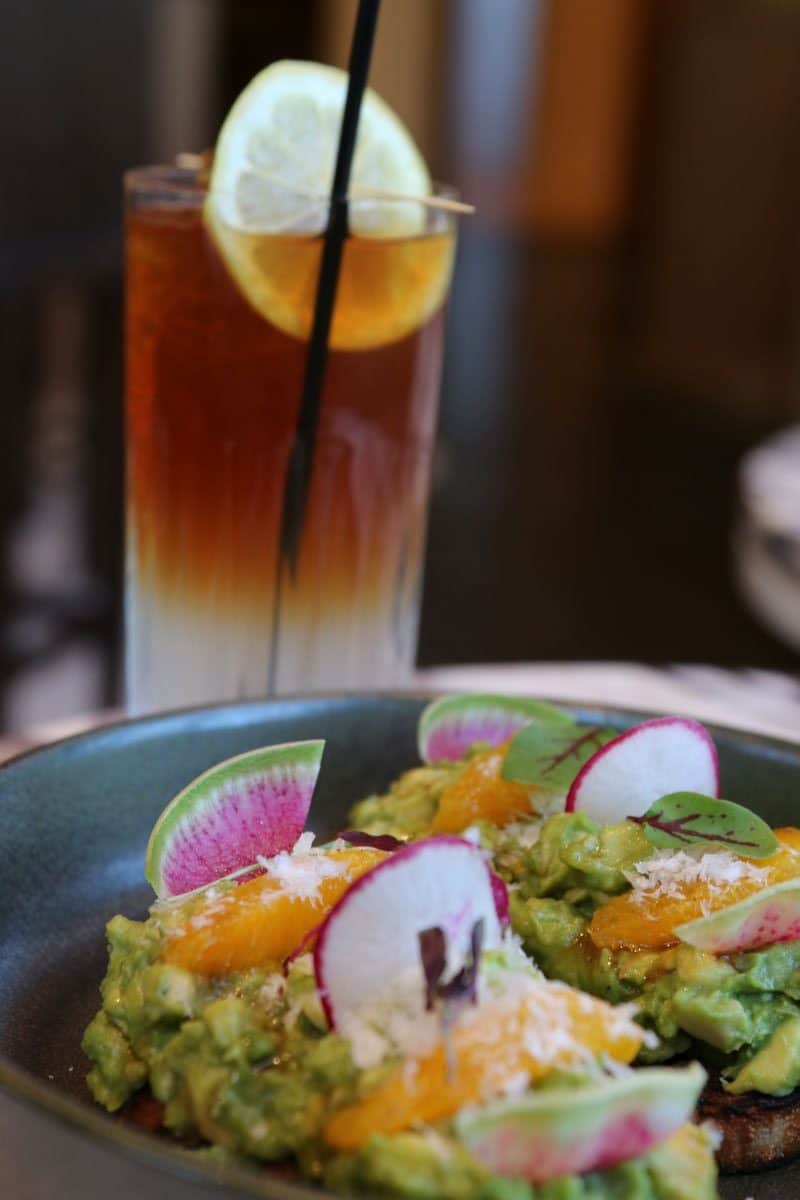
Some purveyors make it with cheese; some with micro-greens or a poached egg. 3 Cups in Holladay offers it with pickled onions. And the Laurel Brasserie and Bar in downtown offers it on homemade cranberry walnut bread with award-winning parmesan cheese from Gold Creek Farms out of Kamas, Utah. Their chef Tomas Olvera’s creation wins my unofficial award for the best avo-toast in SLC.
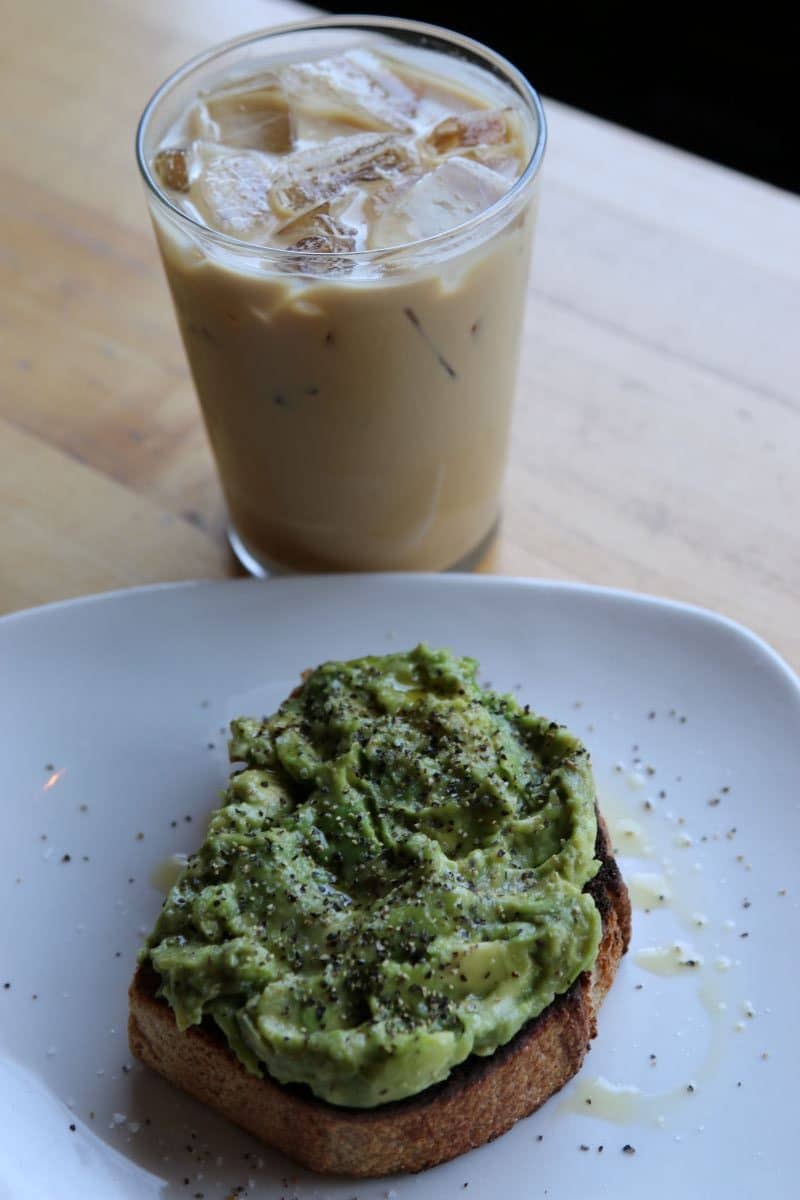
Publik Coffee in downtown has a very simple approach to avo-toast, just drizzled with olive oil on thick bread with pepper. There I found Stephanie Wright and Greg Balkin from Bend, Oregon who were driving through Salt Lake City just to eat avocado toast at Publik. They said they have been stopping here for the past five years now on their way to Colorado because The Outdoor Retailers Convention moved away.
While avocados aren’t grown anywhere in Utah, sourcing local ingredients from local farms has become a major component of how every millennial urbanite (don’t call them hipsters) connects with farmers and local food producers.
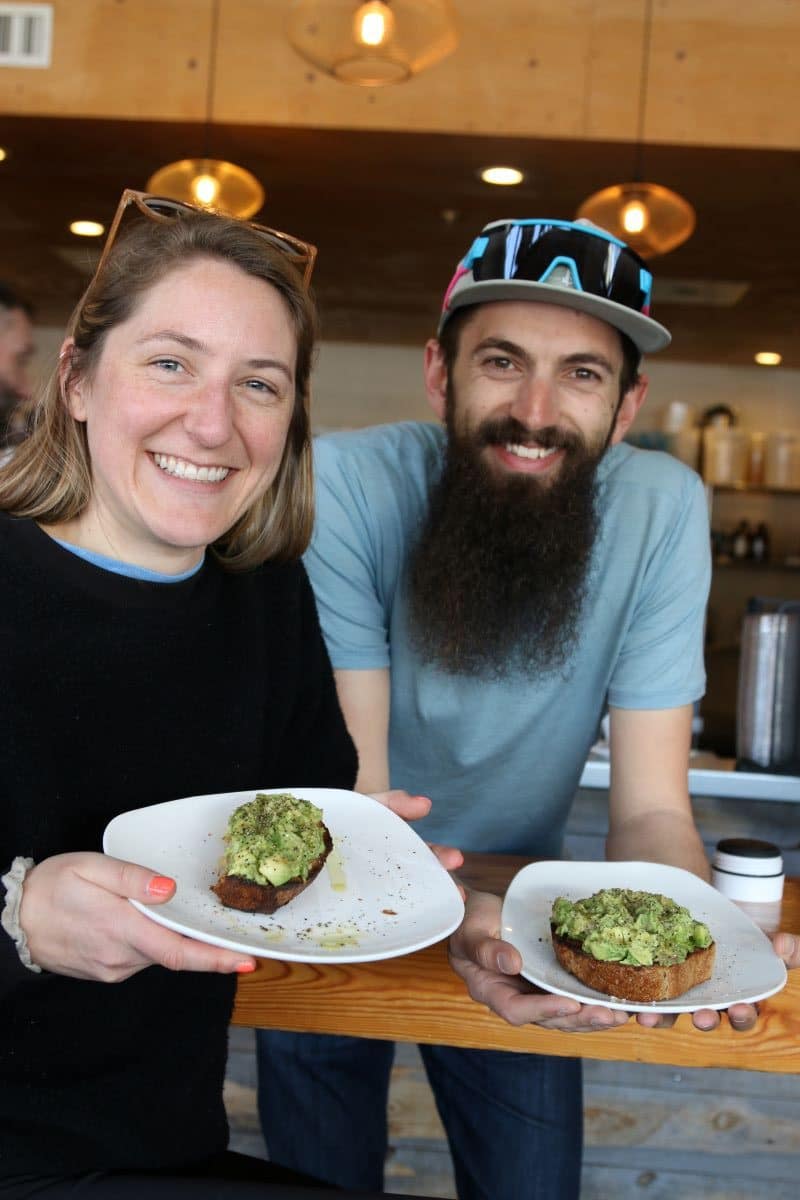
Regardless, all of this has brought heightened awareness to our local food supply and the how, where, and why we eat what we eat. If we ate only locally-grown food, as the Mormon Pioneers did, all of our problems would be solved. Well, sort of.
Supply Chain Shortages Are Nothing New
170 years ago, the Mormon Pioneers did eat all locally-grown food, but they had shortages of everything that wasn’t an absolute necessity. But once a population is settled, “absolute necessities” increase. In the pioneer marketplace of the 1850s, a patient seeking pain relief might discover all of the cocaine tinctures were sold out. Then that person could wait up to six months until the next wagon train came by with sufficient supplies. But Pioneers learned how to eat natural ephedra, an indiginous plant that grows in the Salt Lake Valley, which could help with headaches. Also, Valley Tan liquor was an option, distilled by the Saints.
Mark Twain described it as not exactly whiskey, but a first cousin to it. It produced hiccups and headaches, but it was local liquor all the same. These were the goto agents for pain relief and energy when coffee and narcotics weren’t available or affordable. (Yes, pioneers drank coffee back then.)
Pioneers experienced cotton shortages. Old rags were collected, recycled, and reused often used for making paper. Early editions of the Deseret News were all printed on rag paper. There were tobacco shortages, so it became forbidden for the Saints to smoke tobacco or consume liquor. But the most difficult shortage to manage was their massive shortage in currency.
There wasn’t enough legal tender to go around to exchange goods quickly and efficiently. Due to this shortage, local Latter-Day Saint leaders responded by creating a general co-op, where goods could be exchanged and differences in value could be tracked and paid for in a local currency called Deseret Script. It was exactly like DogeCoin for the Latter-Day Saints, just without the blockchain. The problem, like DogeCoin and Bitcoin was that nobody knew whether or not it would retain value, but it would certainly retain value longer than summer squash or green beans, so they used it.
The Co-op model worked, and it eventually turned into a massive institution called Z.C.M.I that stuck around for more than 150 years. The Co-op model has been around a very long time and its main function has always been to benefit local farmers and tradespeople who need to quickly and easily monetize their products and produce and minimize middle-man profits, which brings us back to today.
Salt Lake City Needs A Farmer/Food Co-op/ Food Hub
Unlike other major cities with big successful farmers markets, Salt Lake City does not have a large farmer food hub downtown. Plans have been in the works for years to create a hub to help farmers more easily distribute their produce, but it’s moving a bit in slow motion.
Things were moving along prior to Covid as it looked like the Sapa Investment Group, who operates DragonFly Wellness, one of the most successful cannabis farms and dispensaries in Utah, was going to launch the indoor permanent year-round Food-hub near their food alley project on State Street, but things had to go on hold. Now they plan to build it in West Valley. When will they restart? Construction will likely resume this year after they complete their current big project of building a second medical cannabis pharmacy in Price, Utah. Until then farmers markets statewide will all be open and operational. Support them and buy local food, or at least have some locally-grown microgreens atop your avocado toast.
RELATED CONTENT
Bulldozing Utah Farms For Vacation Condos: Is this what progress looks like?
Why Community Supported Agriculture is Great for Utah Farmers
Easy Bee Farm: Growing Food on Easy Street in Moab Utah
Now and Then: Decades of Dive Bars in Utah
Subscribe to Utah Stories weekly newsletter and get our stories directly to your inbox

